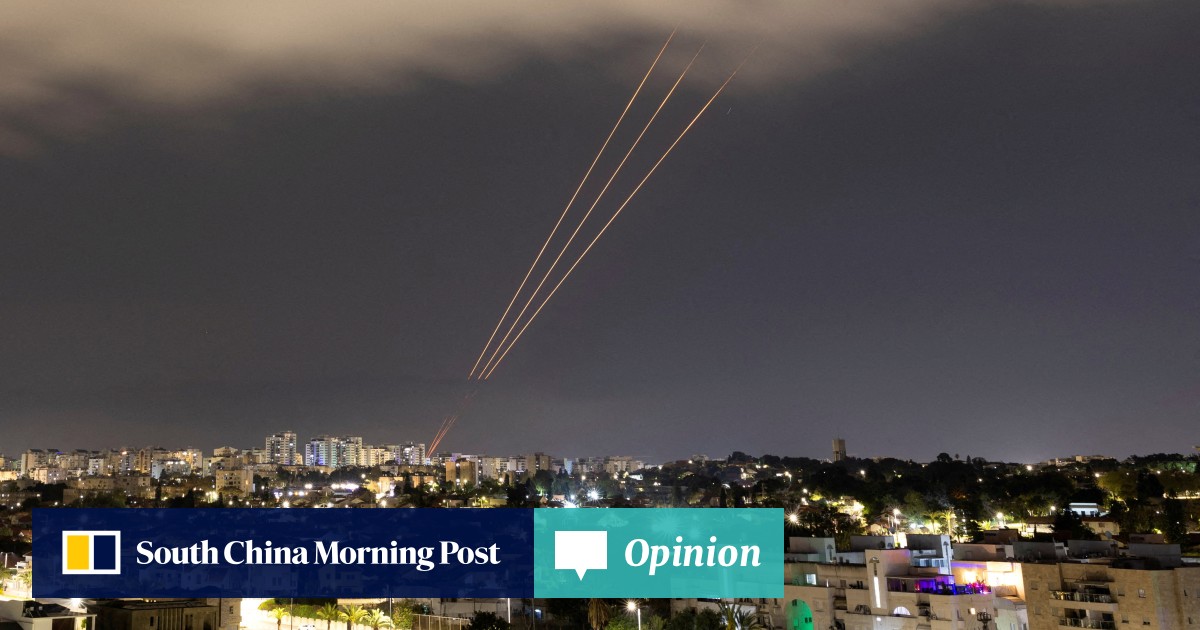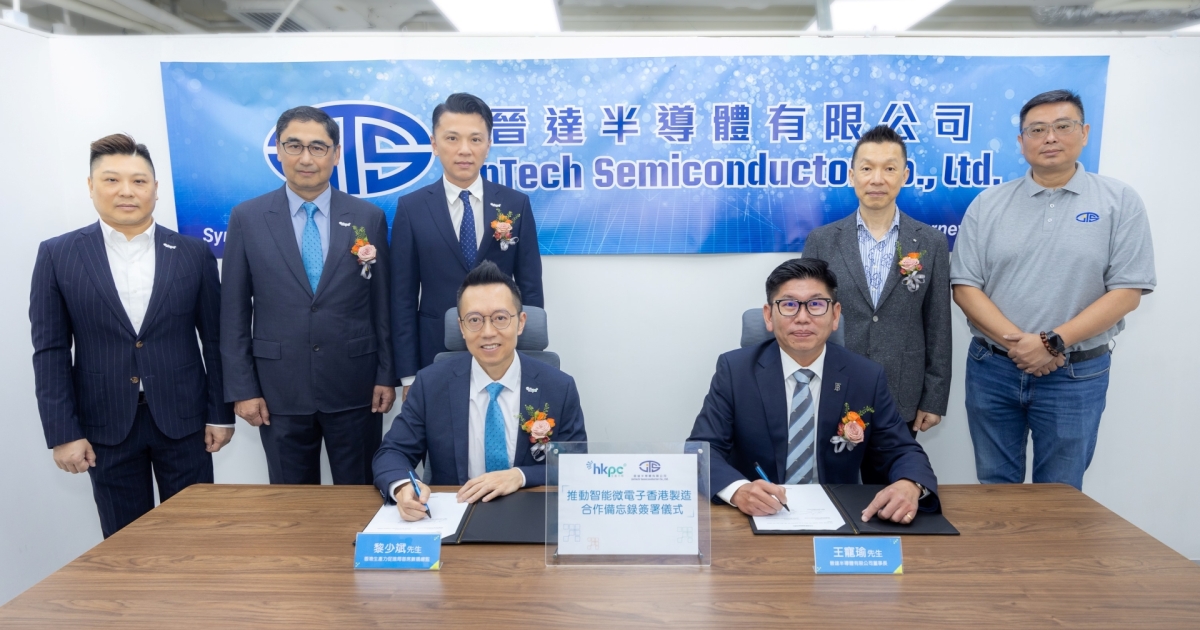TOKYO — Three long-idled nuclear reactors in Japan are poised to receive local approval as early as Wednesday to resume operation, allowing the country to restart a reactor older than 40 years for the first time.
Gov. Tatsuji Sugimoto of Fukui Prefecture, about 300 km west of Tokyo, told reporters Tuesday that “progress” on talks to restart the Kansai Electric Power reactors was made when he held a teleconference with Hiroshi Kajiyama, the country’s industry minister.
The possible step forward on restarting Japan’s mostly idle nuclear power capacity comes after Prime Minister Yoshihide Suga last week announced a new goal of cutting the country’s greenhouse gas emissions 46% by fiscal 2030 compared with the fiscal 2013 level. Despite its aging nuclear power plants, Japan essentially has frozen plans for new reactors.
Sugimoto is expected to announce his decision on the reactors at a news conference Wednesday.
Japanese regulations adopted after the 2011 Fukushima nuclear disaster set the basic operating life of reactors at 40 years, with the possibility of extensions to 60 years. None of Japan’s four reactors older than 40 have been approved to resume operation.
The three reactors in question are units 1 and 2 at Kansai Electric’s Takahama nuclear power plant and unit 3 at the Osaka-area utility’s Mihama plant.
Kajiyama told Sugimoto that Japan “will use nuclear power sustainably into the future” and promised up to 2.5 billion yen ($23.1 million) in government grants for restarting reactors older than 40 years.
Sugimoto said Kajiyama’s remarks were “something we hadn’t heard before.”
Japan’s higher commitment to emissions cuts, made at an international climate change summit hosted by U.S. President Joe Biden, will entail generating about 20% of Japan’s electricity from nuclear power.
Support for nuclear power has grown in Suga’s ruling Liberal Democratic Party in response to the new climate target. Many lawmakers favor a different way of counting a reactor’s operating age that takes into account years spent idled.
Japan had about 50 nuclear reactors when Tokyo Electric Power’s Fukushima Daiichi plant was struck by a tsunami in 2011 that knocked out its emergency power, leading to reactor damage. Since then, more than 20 reactors have been marked for decommissioning. By 2030, nearly half of the country’s remaining reactors will be over 40 years old.
The outlook for restarting Tokyo Electric’s workhorse Kashiwazaki-Kariwa plant has been dimmed by a report that finds insufficient safeguards against terrorist attacks. Proponents had hoped that bringing some of the plant’s seven reactors back online would lead to lower electric rates, bolstering the case for nuclear power.
Kansai Electric’s own reputation took a hit from revelations that the utility’s executives received gifts including gold coins for decades from a local fixer in the Fukui town that hosts the Takahama power plant.





